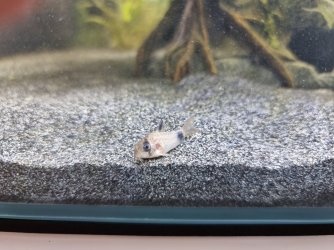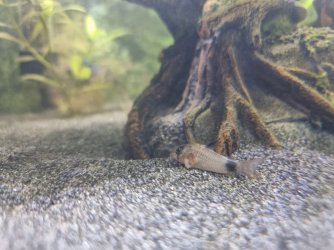Akasha72 said:thank you for that link Byron. I've read the bit about salt 'dips' mostly as that's what I'm planning to do with the tetra. I'd never add salt to my tank. I only use it as a dip for sores/cuts/external parasites. I've used it a few times as getting a good external parasite treatment in the U.K is hard work.
I'm shying away from dipping the cory though unless several people say 'yes, it's fine to dip her'. I'd be so upset to lose her and I'd rather find another way to cure her
I would suggest that there is less risk using salt as a dip than adding salt to the water and forcing the fish to live in that water for a period of time, and I believe this is what Dr. Monks and other reliable sources advocate. This makes sense from my understanding of how salt affects the physiology. I did an article on this for another forum so can't link it, but I will cut/paste a couple of relevant excerpts (this is not the entire article). Keep in mind that this is talking about the detrimental effects on soft water fish when salt is added to their water permanently.
[SIZE=9pt]As the scientific data presented in this summary article indicates, adding salt to a freshwater aquarium on a regular basis will, at best, do nothing of any value at all. But at worst, it will stress salt-intolerant fish, making them more vulnerable to disease and less likely to live a healthy and normal lifespan. To understand why, we need to understand what salt does in water, and how fish are affected.[/SIZE]
[SIZE=9pt]Salt makes the water denser than the same water without salt. The aquarium contains water. The bodies of fish and plant leaves also contain water, just as we do—humans are approximately 70% water. The water in the aquarium and the water in the fish/plant are separated by a semi-permeable layer which is the cell. Water can and continually does pass through this cell; fish do not “drink” because they don’t have to in order to take in water. When either body of water is denser, the other less-dense body of water will pass through the membrane to equalize the water on both sides. The fish must control this process through what is termed osmoregulation.[/SIZE]
[SIZE=9pt]Freshwater Fish Physiology[/SIZE]
[SIZE=9pt]Salt definitely interferes with the osmotic regulation of fish and plants. It should be left alone; nature regulated that part itself, by creating freshwater, brackish and saltwater fish. The vast majority of freshwater fish live in waters having no measurable salinity, and this has been crucial in the evolution of their physiology. Fresh water fish differ physiologically from salt water fish in several respects: their gills must be able to diffuse dissolved gasses while keeping the salts in the body fluids inside; their scales reduce water diffusion through the skin; and they also have well developed kidneys to reclaim salts from body fluids before excretion.[/SIZE]
[SIZE=9pt]Freshwater fish have physiological mechanisms that permit them to concentrate salts within their bodies in a salt-deficient environment; marine fish, on the other hand, excrete excess salts in a hypertonic environment. Fish that live in both environments retain both mechanisms. Freshwater fish concentrate salts to compensate for their low salinity environment. They produce very dilute but copious urine—up to a third of their body weight each day—to rid themselves of excess water, while conducting active uptake of ions at the gills. [2][/SIZE]
[SIZE=9pt]The kidneys of freshwater fish have two functions: osmoregulation [discussed below] and hematopoiesis, which is the formation of blood celular components. Each fish species is adapted to the range of salts in its habitat water, and the kidneys function well within that range. The kidneys have to work harder whenever the salt content of the water in which the fish is living is greater than that of the fish’s preference, i.e., the natural habitat. The closer the water is to the species’ requirements, the easier it will be for the fish to maintain proper osmotic levels. One of the myths about the “benefit” of regular addition of salt is that it allegedly maintains an osmoregulatory balance; in point of fact, regular use of salt has the exact opposite effect and can cause bloating due to an osmotic imbalance. [3][/SIZE]
[SIZE=9pt]Osmoregulation[/SIZE][SIZE=9pt] is the technical term for the physiological mechanism fish use to control the amount of salt and water in their bodily fluids. As the name suggests, it's based on osmosis. Water is constantly passing through the cells of freshwater fish by osmosis in an attempt to equate the water inside the fish with the water in the aquarium. Freshwater fish regularly excrete this water through respiration and urination; the average fish will urinate 30% of its body mass every day. The more salt in the aquarium water, the greater the strain on the fish's kidneys, which in turn adds to the fish's stress in attempting to maintain their internal stability.[/SIZE]



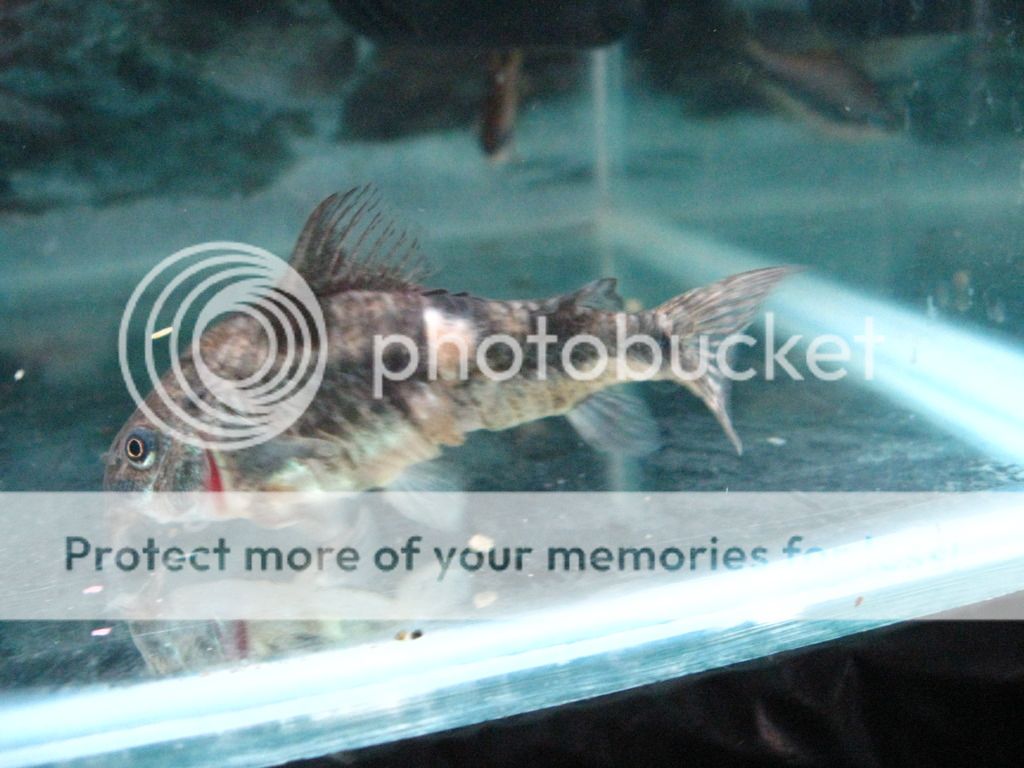
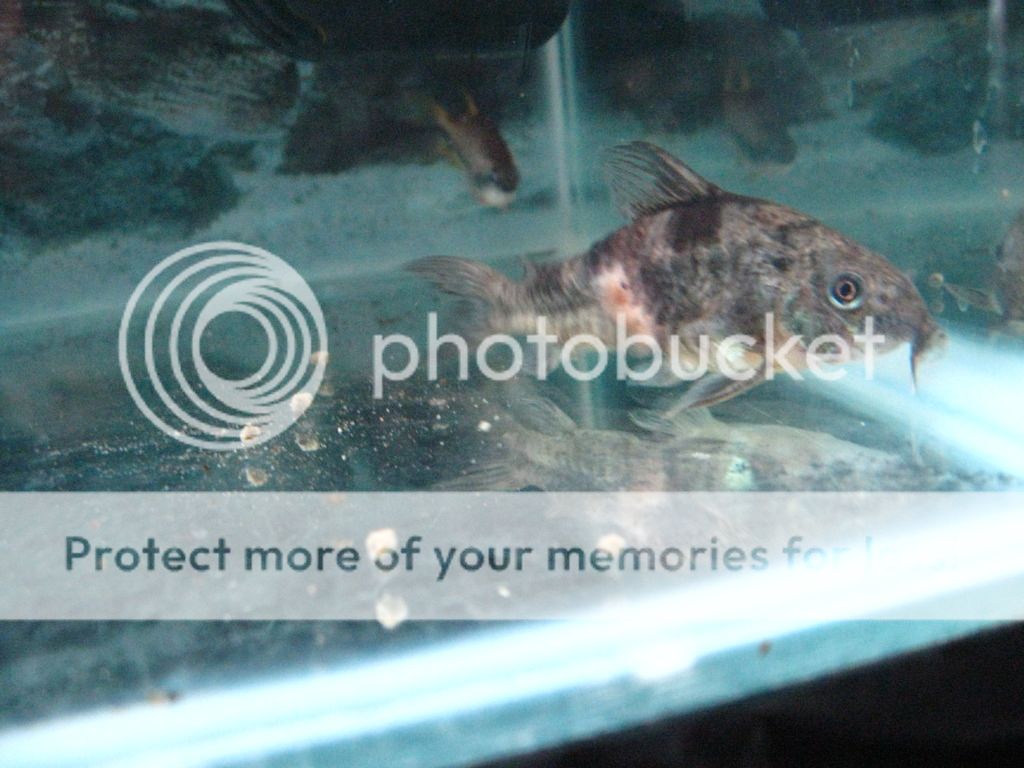
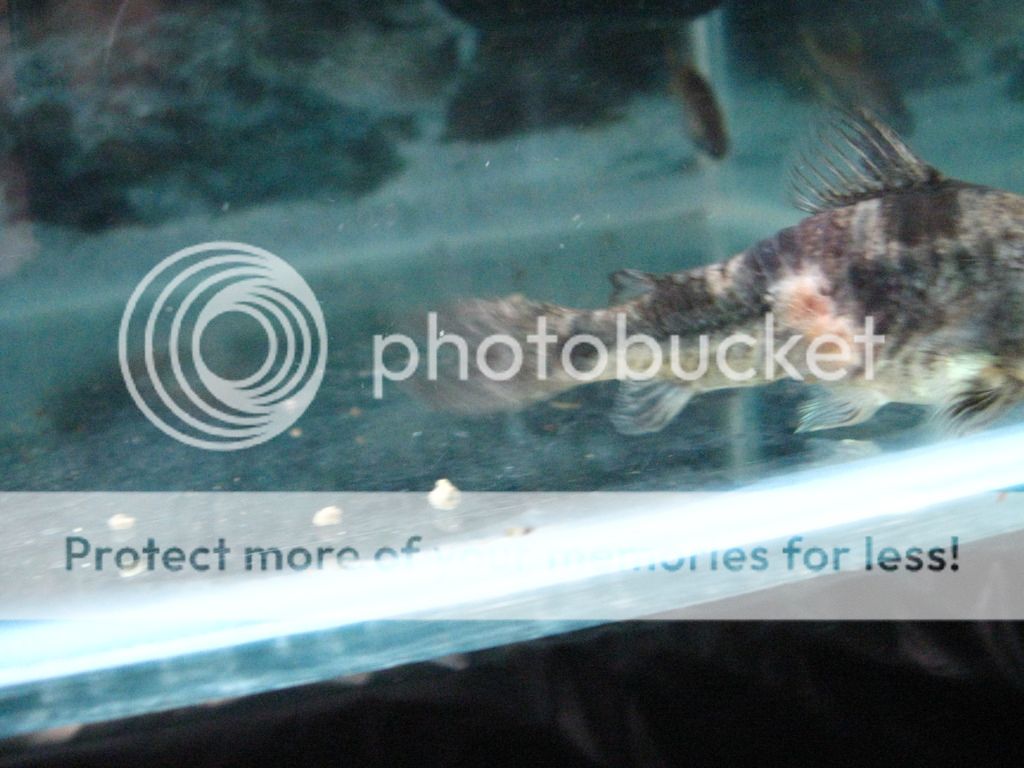
 /www.skepticalaquarist.com/salt
/www.skepticalaquarist.com/salt